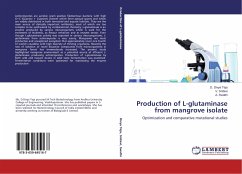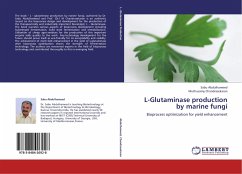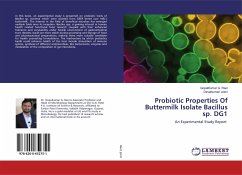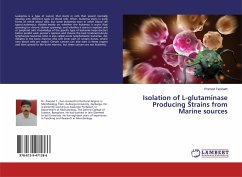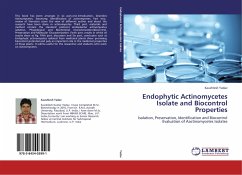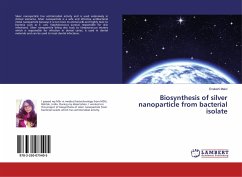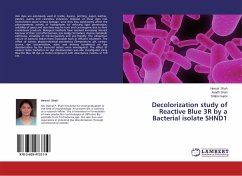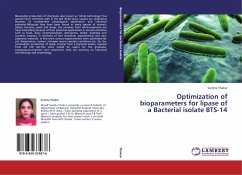Actinomycetes are aerobic gram positive filamentous bacteria with high G+C (Guanine + Cytosine) content which form asexual spores and which are widely distributed in both terrestrial and aquatic habitats. They are the main source of clinically important antibiotics, most of which are too complex to be synthesized by combinatorial chemistry. L-glutaminase is an enzyme produced by various microorganisms which is used for the treatment of leukemia, as flavour enhancer and as enzyme sensor. Even though L-glutaminase activity was reported in various microorganisms, L-glutaminase from actinomycetes is very scanty. Mangroves are most productive and unexplored ecosystem that approximately cover one fourth of world's coastline with high diversity of thriving organisms. Recently the rate of isolation of novel bioactive compounds from microorganisms in mangrove forest has tremendously increased. The present study highlighted mangrove environment as a potential source of efficient L-glutaminase producing actinomycetes. Production of L-glutaminase by both wild and mutant strains in solid state fermentation was examined. Fermentation conditions were optimized for maximizing the enzyme production
Bitte wählen Sie Ihr Anliegen aus.
Rechnungen
Retourenschein anfordern
Bestellstatus
Storno

